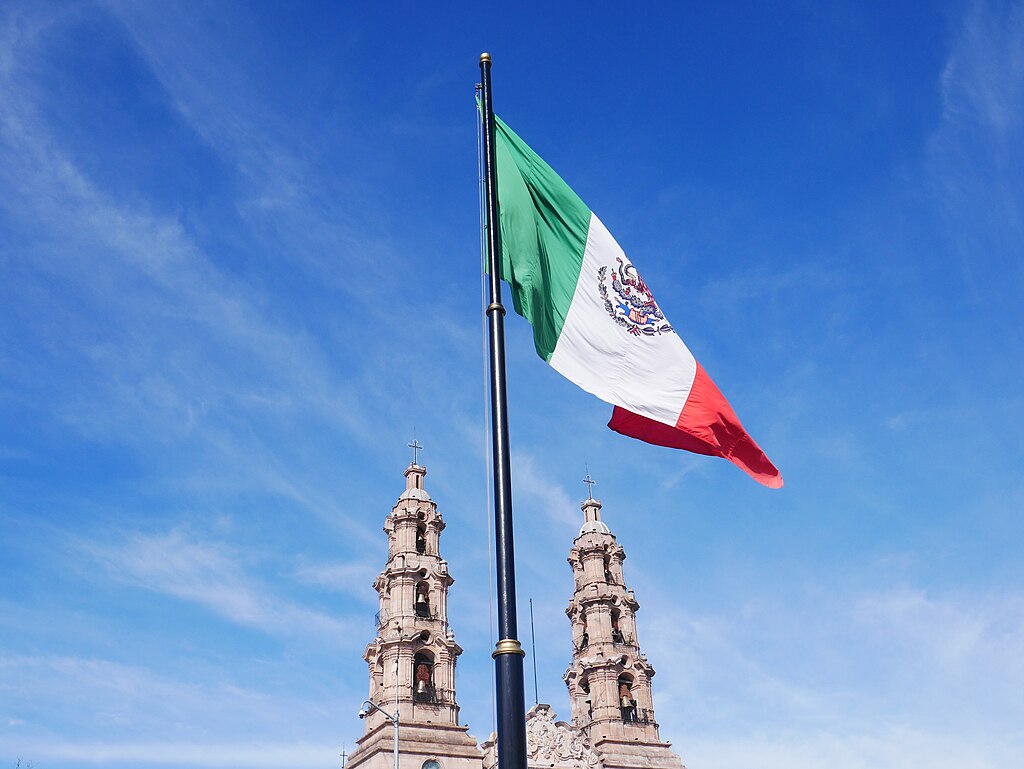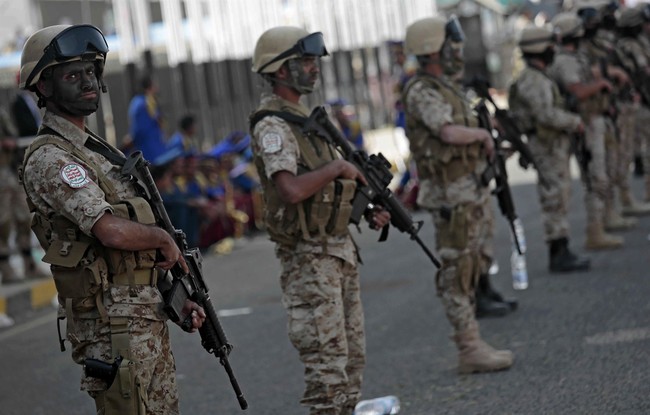Legal Repercussions: The Fate of Navalny's Lawyers
Explore the legal proceedings and controversial convictions surrounding the lawyers of Russian opposition leader Alexei Navalny, who faced imprisonment for alleged extremist activities.
Published January 18, 2025 - 00:01am
/nginx/o/2024/09/12/16352136t1h2e43.png)
Image recovered from rus.postimees.ee
The recent sentencing of three lawyers associated with the late Russian opposition leader Alexei Navalny has sparked significant international attention and controversy. Vadim Kobzev, Alexei Lipcer, and Igor Sergunin have been sentenced to prison terms ranging from 3.5 to 5.5 years. They were charged with participating in an extremist community linked to Navalny, who met an untimely death in a penal colony in February 2024.
The trial, conducted in the Petushinsky District Court of the Vladimir region, was held behind closed doors, raising concerns about transparency and fairness. The timing of the verdict's announcement, coinciding with the anniversary of Navalny's arrest upon his return to Russia in 2021, has added layers of symbolism and perceived political messaging. Ivan Zhdanov, a known associate of Navalny, suggested that the coordination was anything but coincidental.
Amid stringent charges, the lawyers were accused of using their professional status to facilitate communication between Navalny and members of his alleged extremist group. Authorities have long designated Navalny's Anti-Corruption Foundation and related entities as extremist organizations, serving as the basis for the charges against his legal team.
The prosecution's focus on communication channels between Navalny and his allies forms the crux of the accusations. It asserts that the lawyers played pivotal roles in sustaining the operational capabilities of Navalny's network, despite its outlaw status. The defense has contested these claims, arguing that the lawyers merely provided legal aid, and the case lacked substantive evidence, especially given the alleged breaches of attorney-client privilege during their meetings.
Public responses to the trial and subsequent sentencing have been strong and varied. Olga Mikhailova, another of Navalny's legal defenders facing similar charges in absentia, condemned the trial as a direct affront to legal advocacy and human rights in Russia. Her statements underscore the broader fears that the case might be emblematic of efforts to stifle dissent and curtail freedoms in the country.
International observers and human rights organizations have voiced concerns regarding Russia's judicial practices, suggesting that targeted prosecutions of dissenting voices reflect more profound systemic issues. These criticisms are layered atop existing scrutiny following Navalny's poisoning in August 2020, his subsequent imprisonment, and ultimately his mysterious death, which his supporters deem suspicious.
The Kremlin, meanwhile, remains largely unresponsive to these criticisms, maintaining its stance of non-interference in judicial matters. Media outlets and political commentators in Russia, especially those with leanings critical of the government, have discussed potential repercussions of these actions on the country's image abroad and its internal policy dynamics.
The larger narrative surrounding this trial is not merely about the convicted individuals but about the overarching environment for political dissent and legal practice in Russia. The sentences serve as stark reminders of the risks faced by those who align against prevailing political winds, whether through advocacy or legal defense.
As the international community continues to monitor these developments, the sentences of Kobzev, Lipcer, and Sergunin add to the complex tapestry of judicial, political, and human rights issues defining modern Russia. These developments may yet influence future dialogues on international law, political freedoms, and Russia's place in the global order.







